Why We Chose Unschooling for Our Neurodivergent Kids
Unschooling is an interest-led approach to education, where the parents act as facilitators and supporters of their child’s education rather than take on the role of teacher.
If someone had told me a few years ago that I would be homeschooling my two children with multiple special needs, I probably would have laughed or just given them a blank stare in disbelief.
There was no way I could do that.
I’m not a teacher, an educational or behavioral expert, or a therapist. I’m just a copywriter, a blogger, and a mom of four kids all of whom have always been in the public school system. What did I know?
Then the pandemic hit.
A little about us
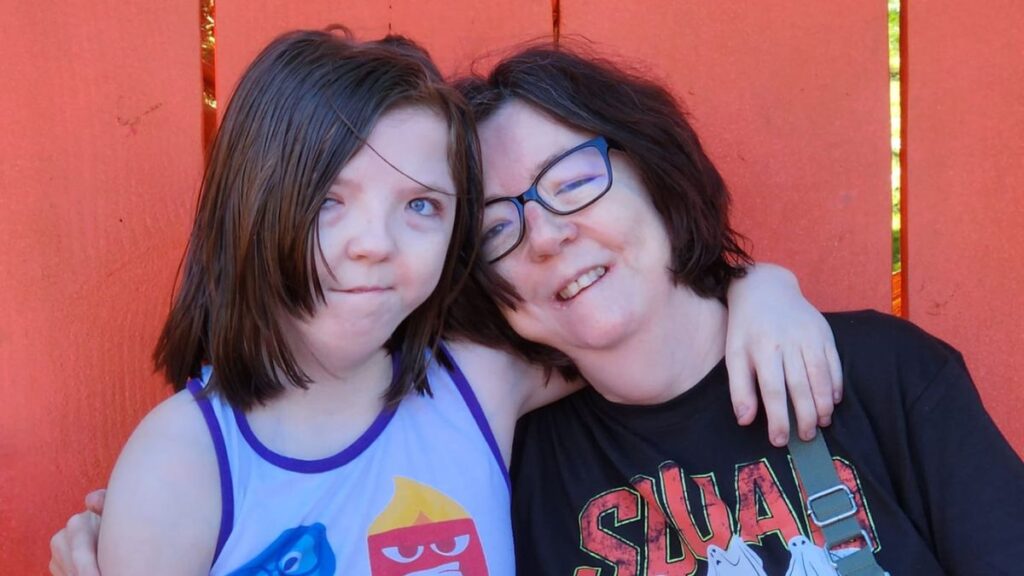
We have four kids. Our oldest is 18 and has already graduated, our daughter is 16, and our two younger boys are 13 and 11. Our daughter Lilly and our youngest son Chance (and myself) have a rare genetic condition called Oto Palatal Digital Syndrome.
It affects hearing and the palate, and we all have syndactyly (webbing) in varying degrees on our hands.
Lilly has also been diagnosed with autism and intellectual disability and has a feeding tube. Chance is also neurodivergent (although he has never been officially diagnosed) and has a tracheostomy tube.
All three of us have noticeable facial differences, as OPD is also a craniofacial condition.
Since Lilly and Chance started preschool at the age of three, which is the standard in California if your child is in the early childhood intervention program, all we’ve known is the special education system for these two.
Our other two boys have also been enrolled in public school- most recently attending a local hybrid public homeschool charter.
After the schools opened back up, I began debating whether or not to send Lilly and Chance. My biggest fear was, “how could I replicate their special education program- or compete with it?”
Now I know – you don’t have to.
How our unschooling journey started
We went from virtual classes, which were not working at all for our two neurodivergent kids, to independent study through their schools during the first year of the pandemic.
At the beginning of the 2021/ 2022 school year, their independent study option was taken away, and we were faced with the choice of sending them back to the classroom. It was an easy choice to keep Chance home. He has chronic lung disease, and the risk was still too high for him.
Lilly was another story. She’s nonverbal, and although she loves being at school with her friends, it also caused her a lot of anxiety, and we would get calls at least two times a week to pick her up because her behaviors were escalating.
Since she started learning at home, we noticed that her anxiety and behaviors had decreased significantly.
So we filed a private school affidavit with our state, which started our full-time homeschool journey.
Why unschooling?
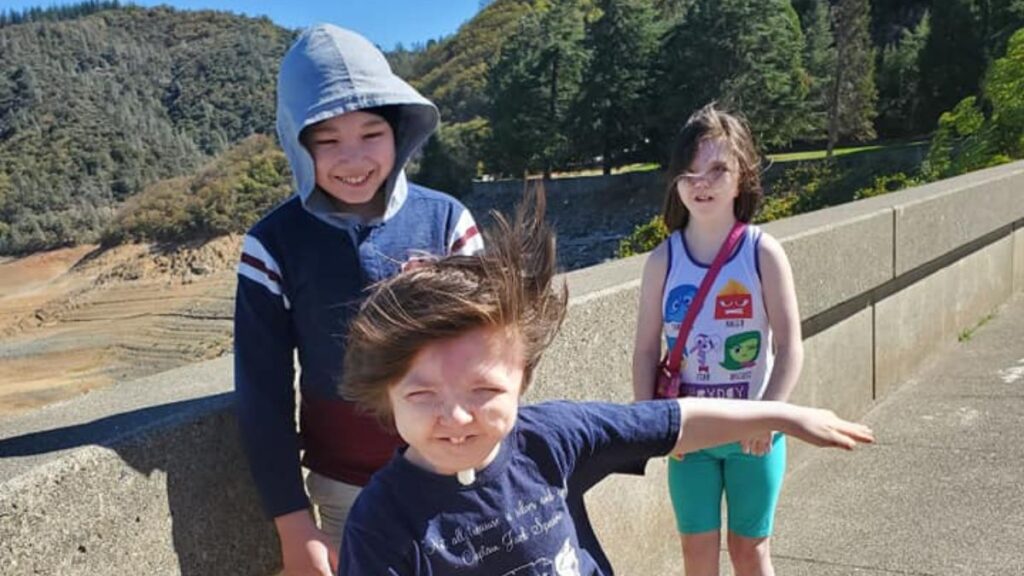
I had never heard of unschooling before we started considering full-time homeschooling, but the more I researched it, I knew it could be a good fit for us.
There are so many advantages to unschooling for anyone who chooses this path, but I feel like it’s especially beneficial for kids with additional medical, behavioral, and educational needs.
Here are just some of the reasons why we love it:
Flexibility
Having kids with disabilities means multiple doctor appointments per month to see specialists. Homeschooling and unschooling allow us to make these appointments without worrying about missing tests or activities at school.
If Chance and Lilly were still in public schools, they would be in 6th and 10th grade, respectively. But because of their developmental delays and learning disabilities, their competency in different subjects is all over the map.
Unschooling allows us to meet them where they’re at instead of following a set curriculum.
Unlimited choices
Many unschoolers don’t use any curriculum at all, but some do. That’s the beauty of the freedom of choice regarding unschooling.
We also do a lot of hands-on learning with manipulatives and adapt our resources to their needs. Most schools will get adaptive learning aids for kids, but depending on funding, it’s not always guaranteed.
Chance needs enlarged print to be able to read properly; even though he can write and spell, he prefers to type.
We also let them explore different resources without time limits- something they would not have been able to do at school. They spent several hours playing with Google Earth one day, learning about geography. Chance recently discovered Google translate, so he spent a good chunk of time translating his favorite DVD titles into French and Spanish.
Less bullying
Bullying always seems to be an issue in middle and high school, and kids with disabilities, unfortunately, seem to always be targeted.
Unschooling provides a safe, inclusive environment where our kids can still socialize- but we have more control over who they interact with. And if bullying does become an issue anywhere, we can be more aware of it.
Some things to consider
As with all educational choices, there are some drawbacks to unschooling.
Since you’re no longer tied to a school district, you have to pay out of pocket for services like speech or any adaptive learning devices and aides. Depending on your finances and child’s needs, that may not be something you can do.
Criticism from family and friends is another issue. Unschooling or even homeschooling is still greatly misunderstood, and there is still a stigma around it. It’s often associated with neglectful parenting or laziness, and we still get a lot of unsolicited advice and the occasional rude comments.
How it’s going now
Today, we are well into our second year of unschooling, and the difference in the kids is like night and day.
Their anxiety has decreased significantly, which means fewer negative behaviors.
They are more willing to engage in learning because they’re learning about what interests them.
Both kids have sleep issues, which can be common in neurodivergent kids, so with their flexible schedules, they’re allowed to sleep in if they need to, and they start their day well-rested.
We still have our “moments,” and they still have certain triggers that upset them and can disrupt their learning. A big one for them is waiting for anything, but it’s gradually getting better as they learn about time, how to read clocks, and set timers for visual aids.
Since we switched to unschooling, I can confidently say it was one of the best decisions we ever made. Every family is different, and every child learns differently, but the benefits have been countless for our kids and their specific learning needs and for us as parents watching them thrive.
- Why We Chose Unschooling for Our Neurodivergent Kids - November 5, 2022
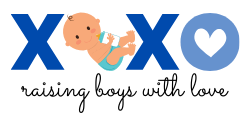
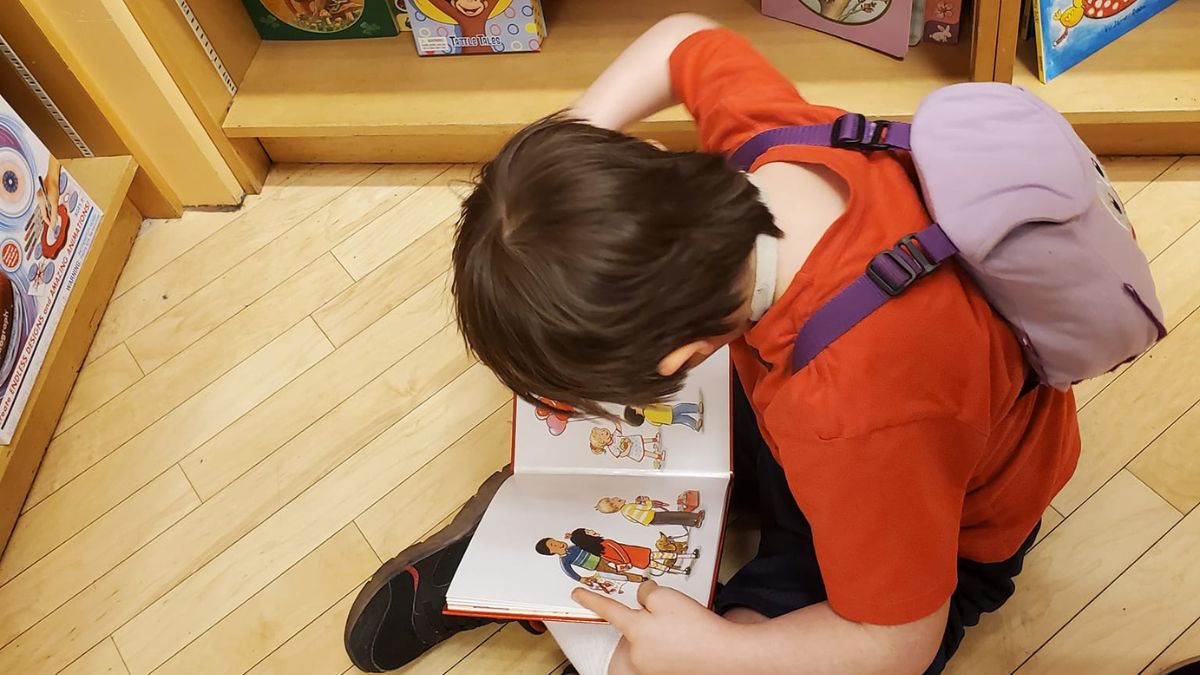



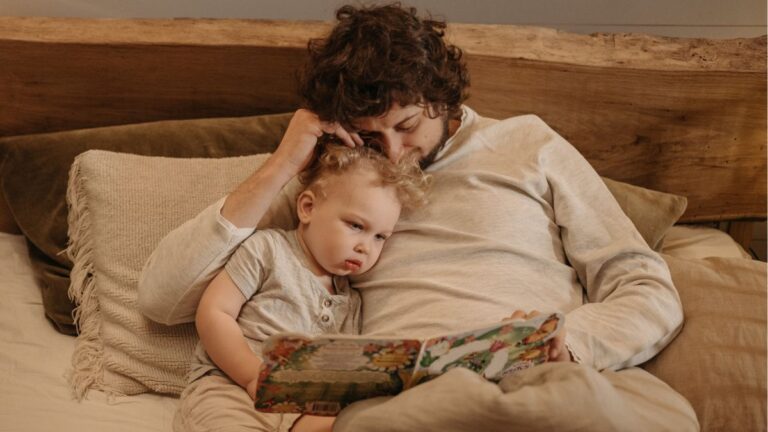


Great post!0
I wish you the best on this journey. Advocating for and teaching your children is a huge part of the parenting work and it too is a work of the heart.
I have never heard of unschooling, but it seems to have many benefits as you have written about here. I am so glad to hear that this is working for you and your family. It is always so hard to find the perfect fit for each child. How awesome that in just 2 short years you are seeing such a big change in your children! Great read!